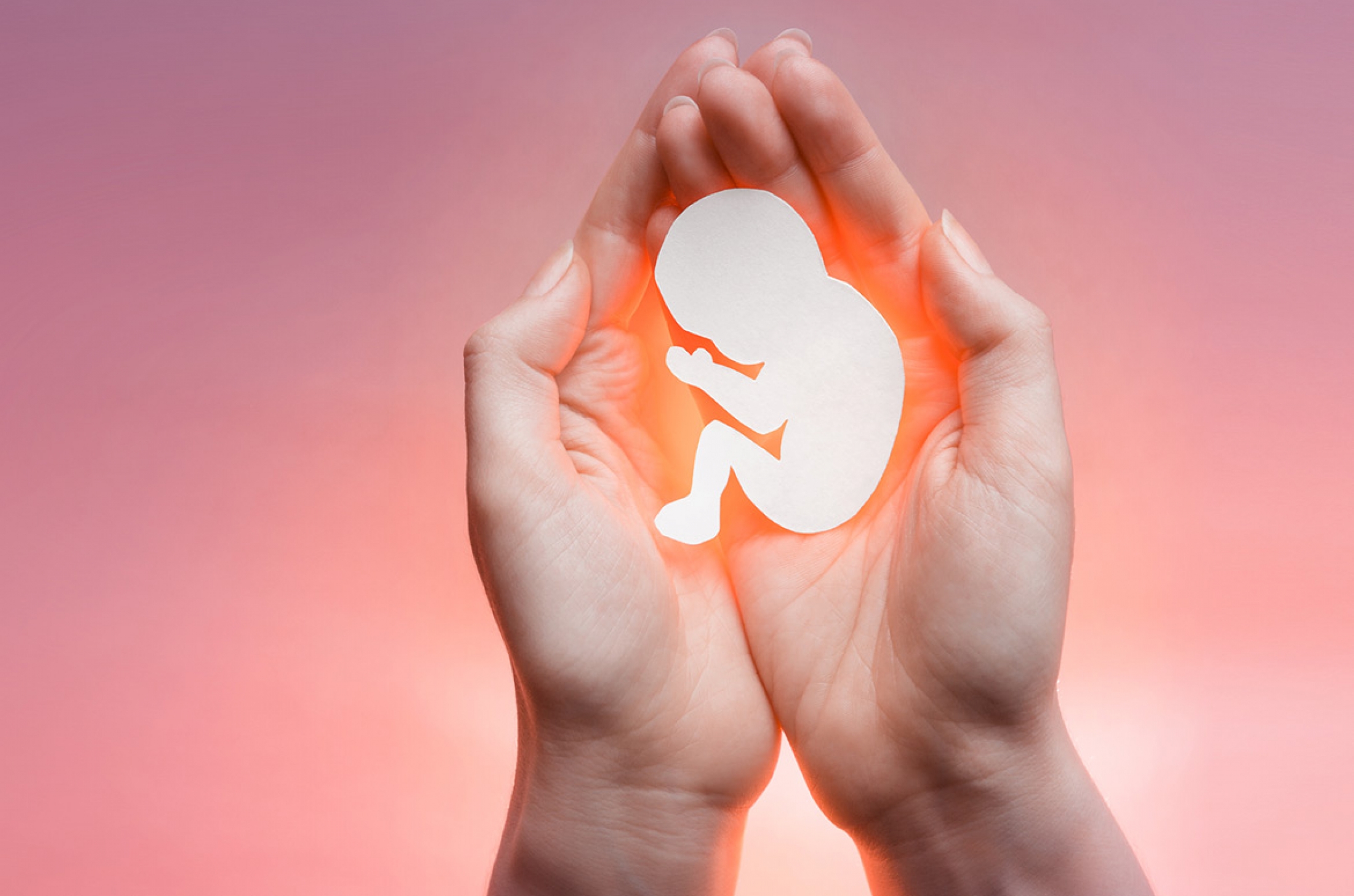Introduction
Connement is a heartbreaking and frequently misknew experience. It occurs when a gestation ends spontaneously before the 20th week.
While deliveries are common, affecting about 10- 20 of known gravidity, they can be emotionally and physically grueling .
In this blog, we will explore the causes, symptoms, threat factors, forestallment strategies, and recovery options for connement.
Understanding the reasons behind gestation loss can help in managing with the experience and perfecting unborn gestation issues

Common Causes of Miscarriage
Miscarriage can happen for various reasons, and in many cases, the exact cause remains unknown. Some of the most common causes include:
- Chromosomal Abnormalities: Most miscarriages result from genetic abnormalities in the embryo, preventing normal development.
- Hormonal Imbalances: Conditions such as polycystic ovary syndrome (PCOS) and thyroid disorders can increase miscarriage risk.
- Uterine Abnormalities: Structural problems like fibroids, a septate uterus, or an incompetent cervix can lead to pregnancy loss.
- Infections: Certain infections, such as bacterial vaginosis or sexually transmitted infections, may contribute to miscarriage.
- Chronic Health Conditions: Diabetes, high blood pressure, and autoimmune disorders can interfere with pregnancy maintenance.
- Lifestyle Factors: Smoking, excessive alcohol consumption, drug use, and high caffeine intake can increase the risk of miscarriage.
- Maternal Age: Women over 35 have a higher likelihood of experiencing miscarriage due to declining egg quality.
- Immune System Disorders: Conditions like antiphospholipid syndrome (APS) can cause recurrent pregnancy loss.
Signs and Symptoms of Miscarriage
Recognizing the signs of a miscarriage is crucial for seeking timely medical attention. Symptoms may include:
- Vaginal bleeding or spotting
- Cramping or abdominal pain
- Back pain
- Loss of pregnancy symptoms (e.g., nausea, breast tenderness)
- Passing tissue or clot-like material from the vagina
If you experience any of these symptoms, it is important to contact a healthcare provider immediately.
Diagnosing and Treating Miscarriage
Doctors use various methods to diagnose a miscarriage, such as:
- Ultrasound: To check fetal development and heartbeat.
- Blood Tests: To measure hormone levels and assess pregnancy progression.
- Pelvic Exam: To check for signs of cervical dilation.
Treatment options depend on the type of miscarriage:
- Expectant Management: Allowing the miscarriage to resolve naturally.
- Medication: Prescribed to help the body expel pregnancy tissue.
- Surgical Treatment (D&C): A dilation and curettage procedure to remove remaining tissue.
Emotional and Physical Recovery
Miscarriage can take a toll on mental health, causing grief, anxiety, and depression. Coping strategies include:
- Seeking support from family, friends, or a therapist.
- Joining miscarriage support groups.
- Allowing time to grieve and heal.
Physically, most women recover within a few weeks. Doctors may recommend waiting for one or more menstrual cycles before trying to conceive again.
Preventing Miscarriage: What Can Be Done?
While not all miscarriages can be prevented, some steps can improve pregnancy health:
- Maintain a balanced diet and a healthy weight.
- Take prenatal vitamins with folic acid.
- Avoid smoking, alcohol, and excessive caffeine.
- Manage chronic conditions with medical guidance.
- Reduce stress and get adequate rest.
Conclusion
Miscarriage is a difficult experience, but understanding its causes, symptoms, and recovery process can help women navigate the journey toward healing. If you have experienced a miscarriage, know that you are not alone, and support is available.
For those planning to conceive again, consulting a doctor and making lifestyle adjustments can improve future pregnancy success.
Stay informed, stay strong, and take care of your well-being.

